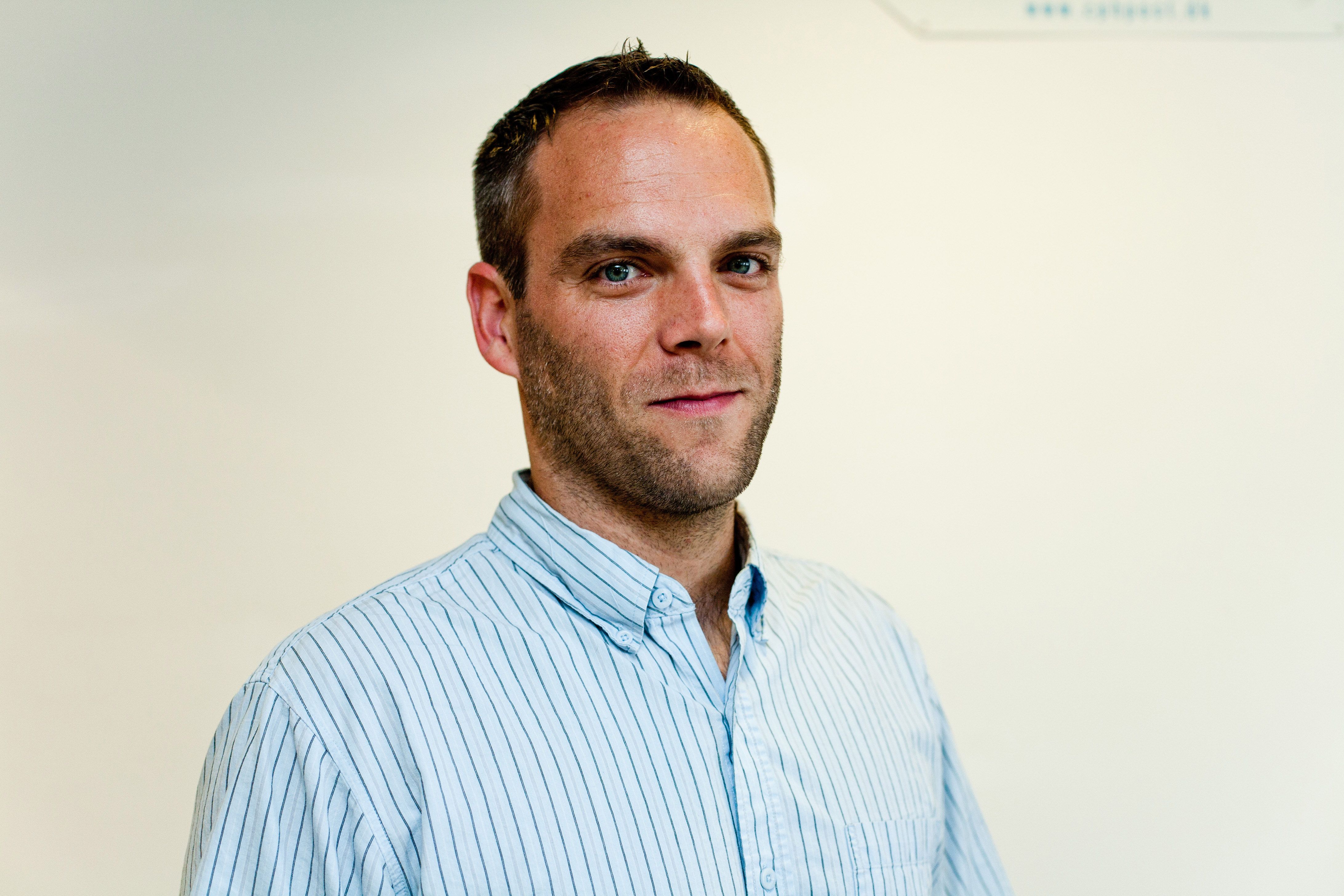Like many foreigners in Denmark, I have a complicated relationship with the Danish language. Currently, I’m not as good as I’d like to be, but probably a lot better than I let on.
In the hopes of improving my situation, I recently decided – nearly two years after I passed my required Danish classes – to start taking courses again before my three years of free language education expired. So for the last eight weeks, I’ve been attending FVU (Forberedende voksenundervisning) courses.
It didn’t take long to remember why I never really liked Danish class. Everything is centred around passing the next exam, even here in the FVU system where I am taking the course voluntarily and not as a prerequisite of my integration contract. The majority of class time is spent sitting silently as the teacher explains elements of speech, i.e. identifying various suffixes of adjectives, carefully noting which types of questions are likely to be in the exam to move on to the next (and last) level in the FVU system.
These two things – an obsession with testing and a limited focus on speaking – have been my two biggest gripes since starting Danish classes. I say this not to boast, but I have quite easily passed every test that has come my way. But a lot of good that does me when I can hardly say two sentences to a Dane without receiving a confused “Hvad?!?” or a reply in English. What good is a piece of paper attesting that I speak Danish when in reality I don’t?
Sure, my reading comprehension is quite good and I am for the most part able to understand spoken Danish. The problem, and I’m sure I’m not alone here, is with pronunciation. That’s why I find it so odd and ineffective that so little time in a language class is actually spent speaking. I’m honestly not terribly concerned about mastering Danish grammar or being able to write effectively. It’s hard to imagine a scenario in which I will need to write more than a few sentences in Danish. Needing to speak it, however, is an everyday reality and something that the system, in my view, does not adequately prepare students for.
I should add, however, that I accept my part of the blame for this weird language limbo I find myself in, in which I can basically understand everything being said around me but can’t contribute much to the conversation. I could, and should, make more of an effort to find some scenarios in which I force myself to interact with Danes and refuse to fall back on English.
Nevertheless, I’m not convinced that the Danish lessons offered to foreigners are as effective as they could be. Therefore, I’m not entirely sure what to make of the significant changes to language courses that have been pushed through as part of the government’s dagpenge agreement with Enhedslisten.
The changes will mean that those who are in the country for family reunification, like myself, will be entitled to five years of language courses instead of three, while those who are in the country for short-term work will see their three-year offer be replaced with a one-year introductory course.
Johanne Schmidt-Nielsen of Enhedslisten, which successfully blocked a previous attempt by the government to funnel money away from Danish language courses, put a positive spin on the changes.
“Many people have difficulty in gaining the required level of Danish in the three-year limit they have today,” she told Politiken. “It will likely mean that more people will be able to live up to the demands of permanent residency and citizenship.”
And prior to cutting the deal, the employment minister, Mette Frederiksen (Socialdemokraterne), pointed out that the high drop-out rate in Danish classes leads to a waste of resources.
Perhaps she’s right. In almost all of the Danish classes I’ve been in, the amount of people who show up is just a fraction of those registered.
But how exactly will these changes help? Will those who get two additional years receive anything besides more tests to take and more worksheets to fill out? Will those who are now relegated to one-year of ‘introdansk’ really leave prepared for a job where they have to speak Danish?
While I don’t have those answers, one thing I’m pretty sure of is that even when I complete this latest class, it will still be pretty awkward the next time I order pastries at the local bakery.















